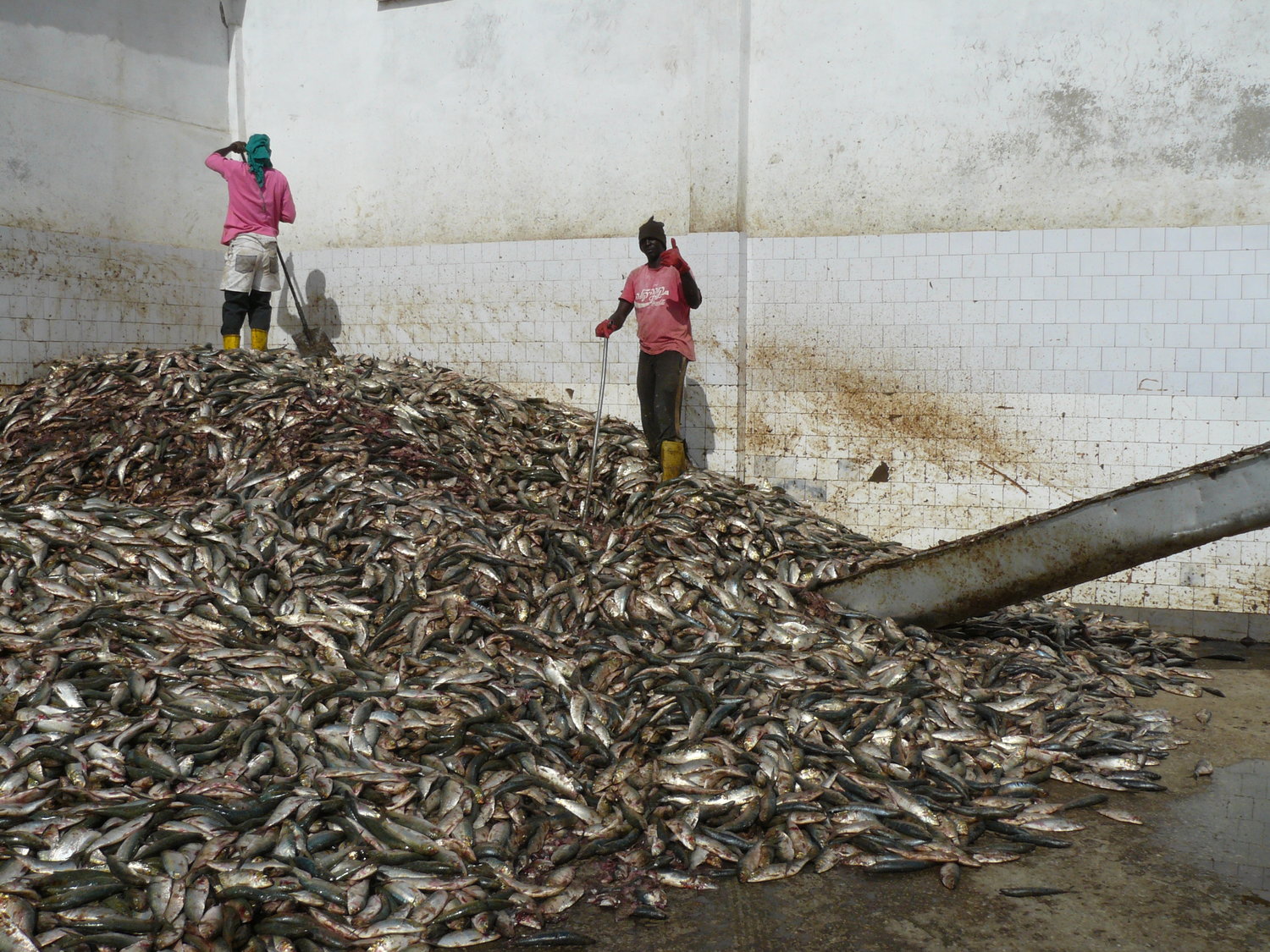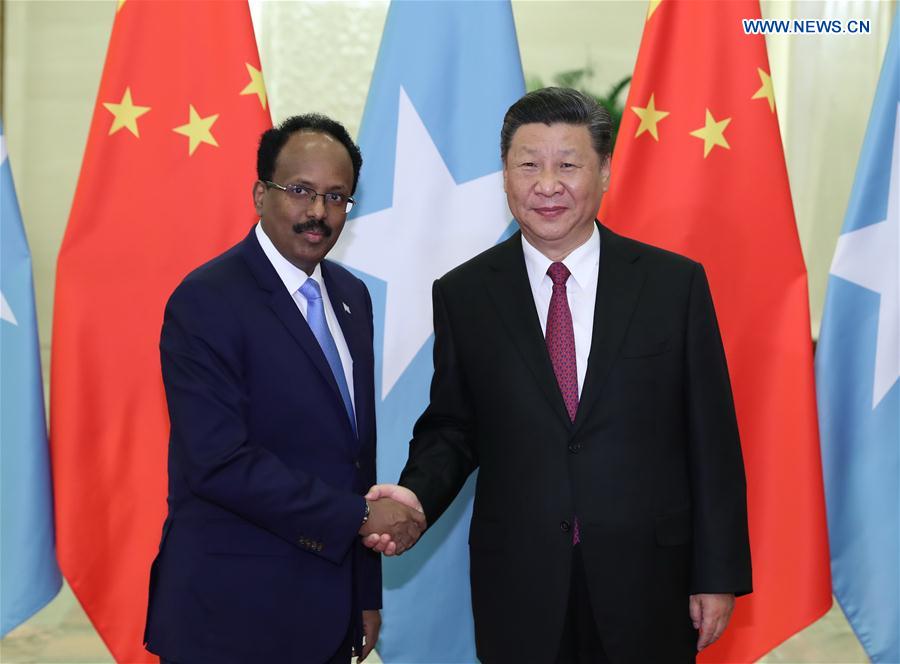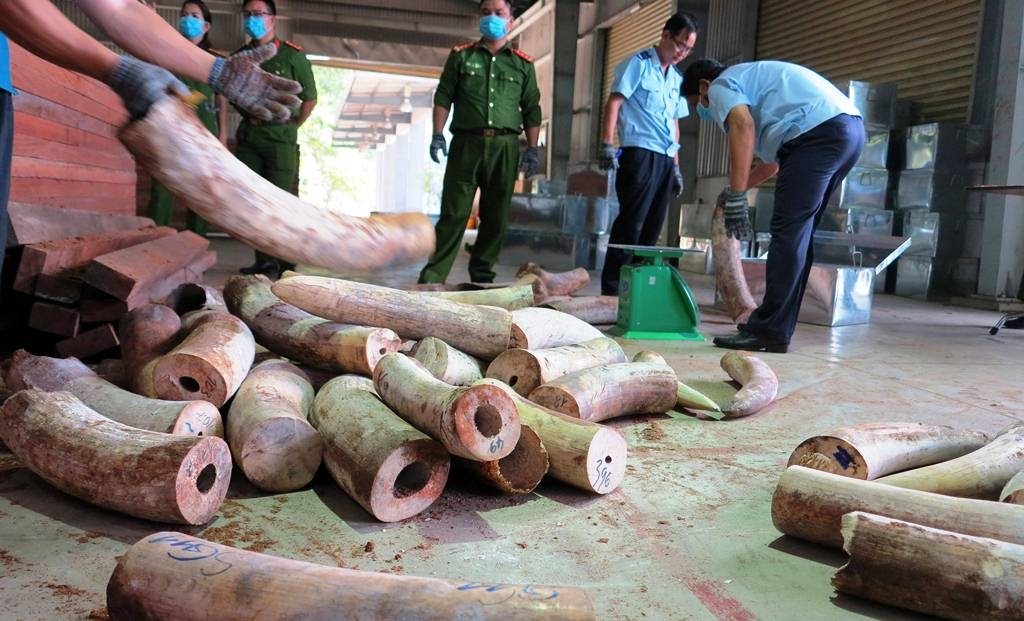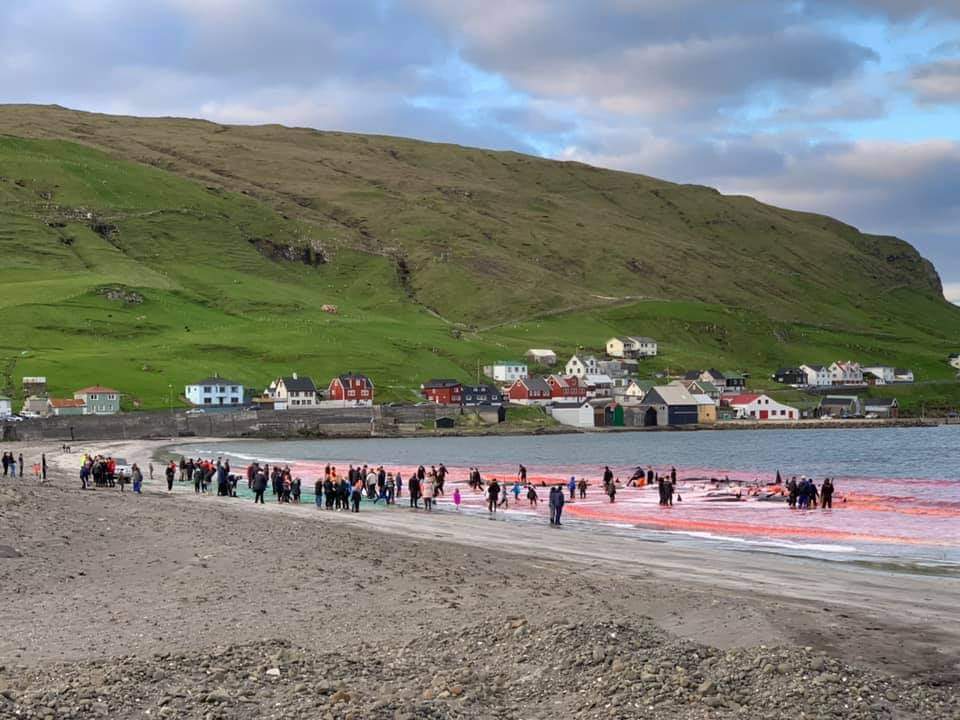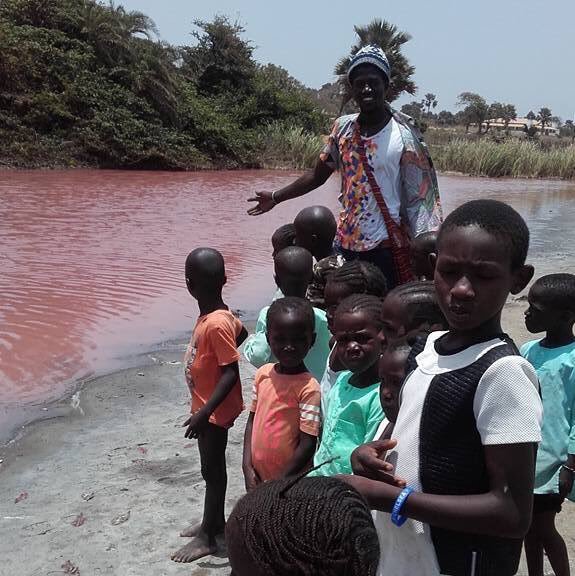DAKAR, June 20 — The exporting of tonnes of fish oil and fish meal from Africa to China and Europe poses a serious danger to the diets of millions of Africans, the Greenpeace environmental group said yesterday.
The group, at a press conference in Dakar, said it had identified 50 factories producing fish oil and meal, mainly in Mauritania but also in other West African nations such as Senegal and The Gambia.
“Hundreds of thousands of tonnes of fish are made into meal or oil for export, to the detriment of about 40 million African men and women,” said Ibrahima Cisse of Greenpeace Africa’s oceans protection campaign.
The fish products are used in feed for poultry, pigs and other farm animals.
“Africans must be put ahead of the interests of industrial farming,” said Cisse.
Greenpeace called on West African governments “to put an end to the fish oil and meal industry, which is a real threat to the fish stocks in the region… essential to the food security of the local populations” — among the poorest in the world.
The environmental group estimated that fish represents 70 per cent of the animal protein intake of people in Senegal and 50 per cent in The Gambia.
The main species threatened by the industry are small fish such as sardinella or locally known as Bonga fish.
Last year, Mauritania exported “a major part” of its fish products to China, the European Union, Turkey and Vietnam, according to the report.
The fish meal from Africa produced in Senegal goes to the EU and other African nations, while much of Gambia’s exports go to the EU and Tunisia, according to Greenpeace.
PETITION
Sign Greenpeace’s petition to stop Fishmeal Factories in Africa here
AFP
More about fishmeal factories in Africa:
